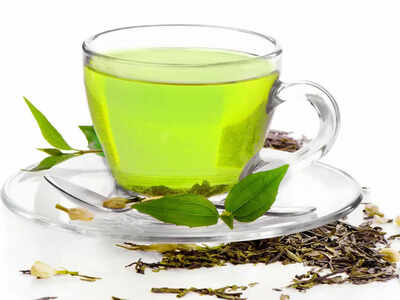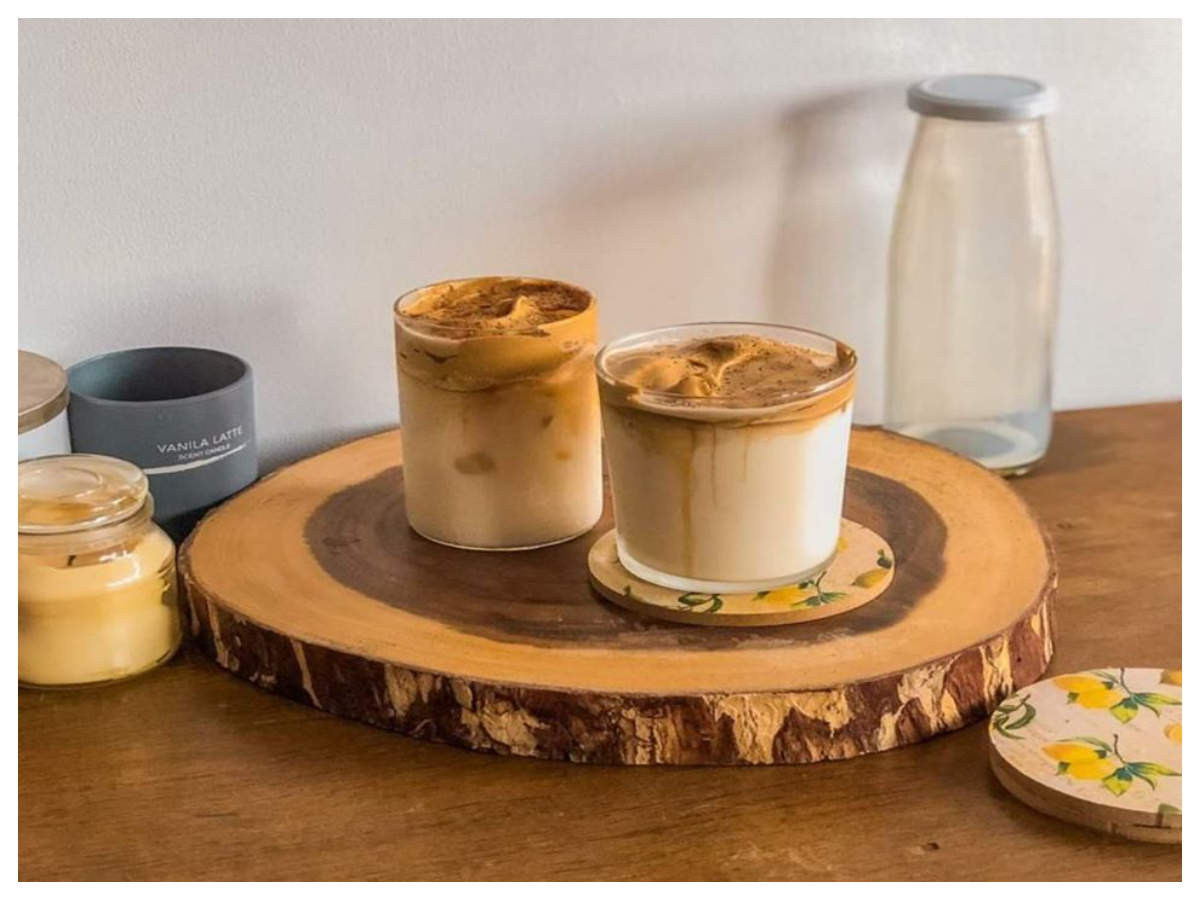
UDHAGAMANDALAM: The United Planters’ Association of South India (Upasi) Tea Research Institute at Coonoor has joined hands with the Tea Board of India and the Indian Council of Medical Research (ICMR) to study the properties of tea to inhibit the novel coronavirus. The institute has undertaken a study on the antiviral property of theaflavin-3, a compound abundantly found in black tea and catechins from green tea.
According to a press release from Upasi, researchers in Taiwan and China had found that SARS CoV-2 could be inhibited by compounds that are abundant in teas. Numerous black tea polyphenols, especially those of theaflavin-1, theaflavin-2 and theaflavin-3 were found to inhibit the SARS CoV-2 replication. In black tea, theaflavin-3 was the most abundant.
Pointing out that the results suggested that theaflavins might be a good starting point for the design of more active inhibitors for SARSCoV-2, chairman of Upasi Tea Committee C Shreedharan said the compounds are abundant in the extract of black tea produced from the seedling populations belonging to camellia.
According to a press release from Upasi, researchers in Taiwan and China had found that SARS CoV-2 could be inhibited by compounds that are abundant in teas. Numerous black tea polyphenols, especially those of theaflavin-1, theaflavin-2 and theaflavin-3 were found to inhibit the SARS CoV-2 replication. In black tea, theaflavin-3 was the most abundant.
Pointing out that the results suggested that theaflavins might be a good starting point for the design of more active inhibitors for SARSCoV-2, chairman of Upasi Tea Committee C Shreedharan said the compounds are abundant in the extract of black tea produced from the seedling populations belonging to camellia.

Coronavirus outbreak
Trending Topics
LATEST VIDEOS
City
 Watch: Delhi cop gives wings to his love for poetry, pens verse to spread awareness on COVID-19
Watch: Delhi cop gives wings to his love for poetry, pens verse to spread awareness on COVID-19  Gratitude for COVID-19 workers: ASI celebrates World Heritage Day by lighting earthen lamps at Qutub Minar
Gratitude for COVID-19 workers: ASI celebrates World Heritage Day by lighting earthen lamps at Qutub Minar  COVID-19 crisis: Robert Vadra donates PPE kits to GB Pant Hospital
COVID-19 crisis: Robert Vadra donates PPE kits to GB Pant Hospital  COVID-19: 106 foreign nationals stranded in Goa leave for London
COVID-19: 106 foreign nationals stranded in Goa leave for London
More from TOI
Navbharat Times
Featured Today in Travel
Quick Links
Kerala Coronavirus Helpline NumberHaryana Coronavirus Helpline NumberUP Coronavirus Helpline NumberBareilly NewsBhopal NewsCoronavirus in DelhiCoronavirus in HyderabadCoronavirus in IndiaCoronavirus symptomsCoronavirusRajasthan Coronavirus Helpline NumberAditya ThackerayShiv SenaFire in MumbaiAP Coronavirus Helpline NumberArvind KejriwalJammu Kashmir Coronavirus Helpline NumberSrinagar encounter
Get the app



